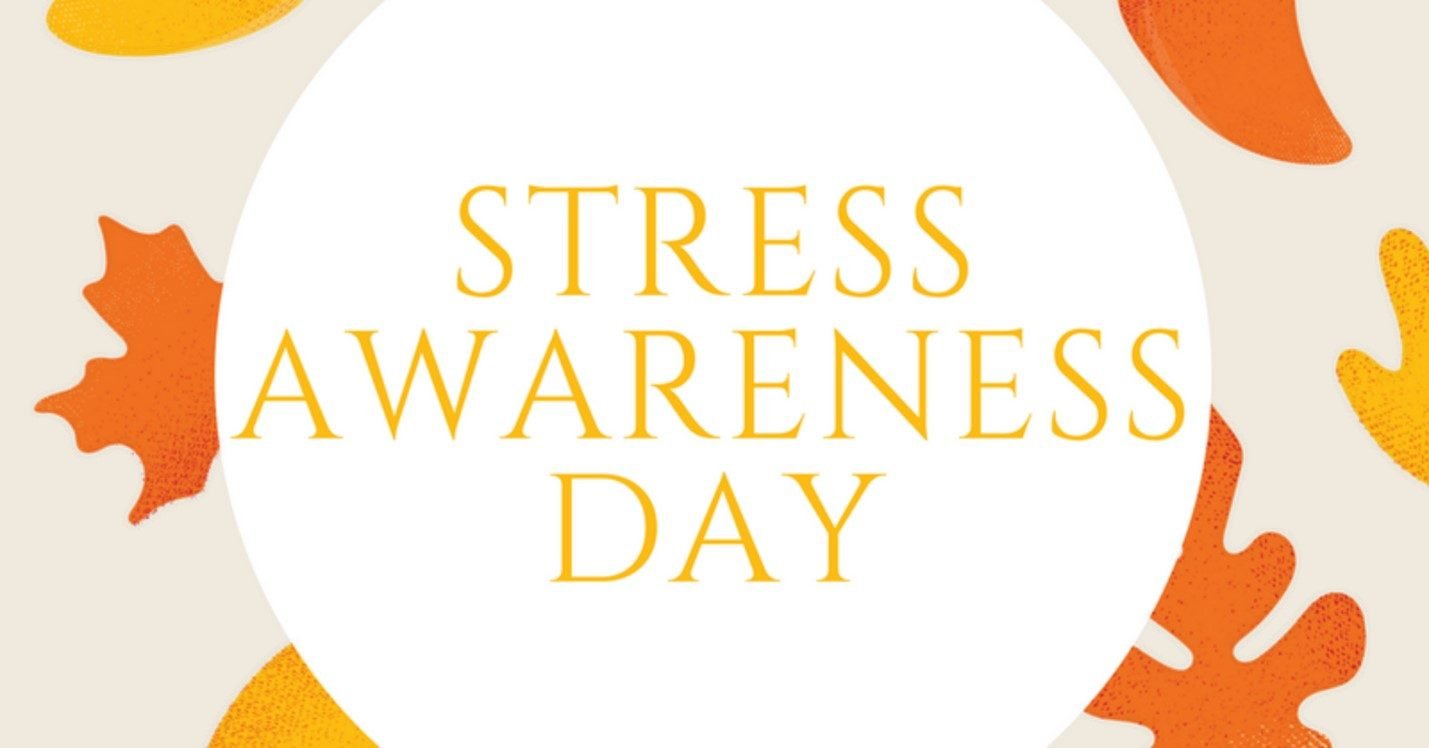
The problem really isn’t the stressors themselves but how we respond to them and try to relieve stress. This can often have a negative effect on our health. One example: bruxism, also known as teeth grinding or clenching.
These habits involve the rhythmic or spasmodic clenching, biting or grinding of the teeth, often involuntarily, beyond normal chewing function. It often occurs while we sleep and that jaw soreness you may be experiencing in the morning can be a telltale sign.
Teeth grinding’s most serious consequence is the potential for dental problems. While teeth normally wear as we age, grinding or clenching habits can accelerate it. Wearing can become so extensive the enamel erodes, possibly leading to fractures or cracks in the tooth.
Adopt an “unwinding” pattern at night before you sleep to better relax: for example, take a warm bath or keep work items or digital media out of the bedroom. Many people also report relaxation or stress-relief techniques like meditation, mindfulness, taking a walk or a yoga class.
There is another useful tool for easing the effects of nighttime teeth grinding: an occlusal guard. This custom-fitted appliance worn while you sleep prevents teeth from making solid contact with each other when you clench them. This can greatly reduce the adverse effects on your teeth while you’re working on other stress coping techniques.
If you suffer from any of these uncomfortable symptoms, our providers can diagnose your condition and recommend treatment. Call our office at (804) 285-1378.